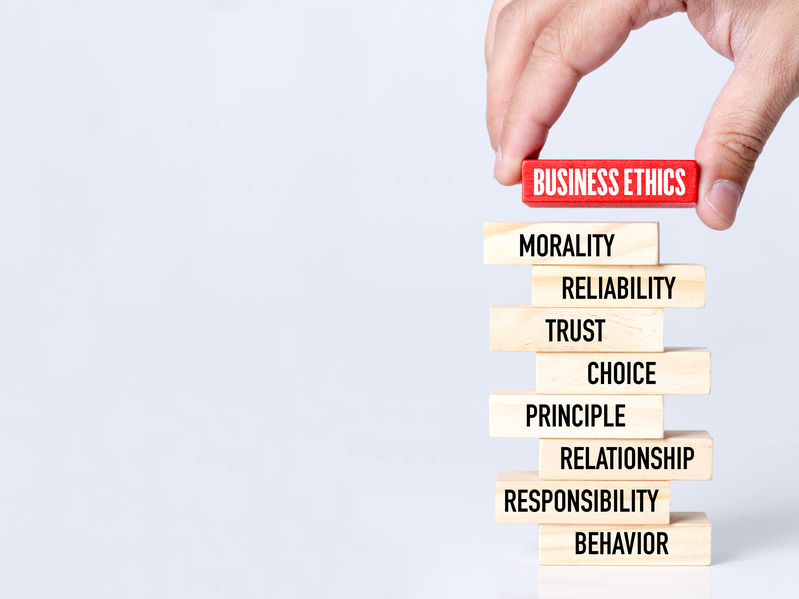

Morals in Business: Boost or Barrier? How do they shape decisions?
Morals in business can both boost and act as a barrier to decision-making. On one hand, strong ethical values can enhance a company's reputation, build trust with customers and stakeholders, and ultimately lead to long-term success. On the other hand, adhering strictly to moral principles may sometimes conflict with short-term profitability or competitive advantage, creating barriers to decision-making. The impact of morals on business decisions depends on various factors, including the specific moral values, industry norms, and the ethical climate of the organization.
Boost:
1. Reputation and Trust: Companies that prioritize morals and ethical conduct tend to build a strong reputation for integrity and trustworthiness. This can attract loyal customers, enhance brand value, and increase market share. For example, Patagonia, an outdoor clothing company, is widely recognized for its commitment to environmental sustainability. This moral stance has helped the company establish a loyal customer base and differentiate itself from competitors.
2. Employee Engagement and Retention: Organizations that prioritize morals in their business practices tend to attract and retain top talent. Employees are more likely to be engaged and motivated when they feel their work aligns with their personal values. For instance, Google's "Don't be evil" motto reflects the company's commitment to ethical behavior, which has helped it attract and retain highly skilled employees.
Barrier:
1. Short-term Profitability: In some cases, making morally sound decisions may come at a short-term financial cost. For example, a company that chooses to invest in sustainable practices may incur higher production costs initially. This can create a barrier to decision-making, as the company needs to balance its ethical values with profitability.
2. Competitive Disadvantage: Strict adherence to moral principles may put a company at a competitive disadvantage if its competitors engage in unethical practices. For instance, a company that refuses to use child labor in its supply chain may face higher production costs compared to competitors who exploit cheap labor. This can make it challenging for the morally-driven company to compete on price.
The shaping of decisions based on morals is influenced by the ethical climate within an organization. When a company fosters an ethical culture and provides clear guidelines for decision-making, employees are more likely to make morally sound choices. However, if an organization lacks a strong ethical climate, employees may prioritize short-term gains over long-term ethical considerations.
In conclusion, morals in business can both boost and act as a barrier to decision-making. While they can enhance reputation, trust, and employee engagement, they may also conflict with short-term profitability and competitive advantage. The impact of morals on business decisions depends on various factors, and organizations must strike a balance between ethical values and financial success.
Related Posts
© 2024 Invastor. All Rights Reserved

User Comments
User Comments
There are no comments yet. Be the first to comment!